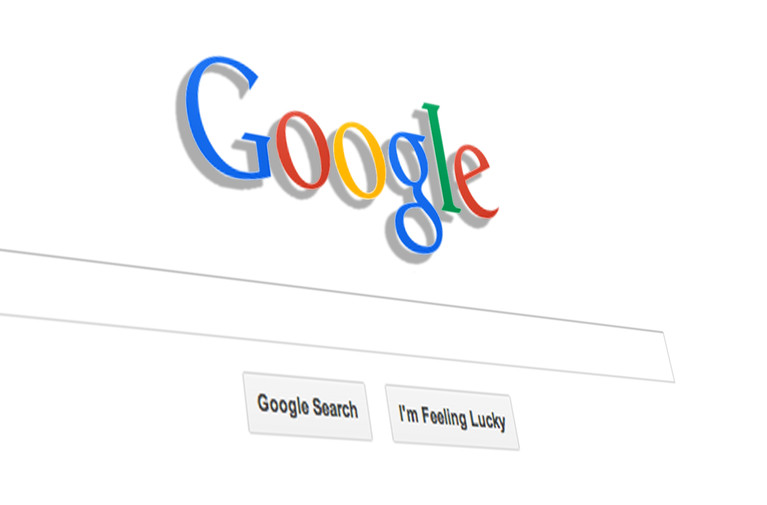AI Disruption Left Judge in Google Antitrust Case Wary of Lowering Boom
Washington, D.C. – September 5, 2025 – In a landmark ruling in the U.S. Department of Justice’s (DOJ) antitrust case against Google, U.S. District Judge Amit P. Mehta expressed caution about imposing sweeping remedies, citing the rapid rise of artificial intelligence (AI) as a disruptive force in the search engine market. The decision, issued on August 5, 2025, found Google guilty of illegally maintaining a monopoly in online search and search advertising but stopped short of ordering aggressive structural remedies, such as breaking up the company, due to concerns over AI’s transformative impact on the industry.
Case Background
The DOJ, joined by 11 states and Washington, D.C., filed the antitrust lawsuit in 2020, alleging that Google violated Section 2 of the Sherman Antitrust Act by maintaining its dominance through exclusionary contracts. These agreements, including multibillion-dollar deals with Apple, Mozilla, and Android device manufacturers, ensured Google’s search engine remained the default on most devices and browsers, stifling competition. The case focused on Google’s 89.2% share of the general search market in 2024, per StatCounter, and its control over search advertising revenue.
After a nine-week trial in 2023, Judge Mehta ruled that Google’s practices created an illegal monopoly, harming competitors like Bing and DuckDuckGo and limiting consumer choice. However, in his 286-page opinion, Mehta emphasized that the remedy phase must account for the “dynamic and rapidly evolving” search landscape, particularly the rise of AI-driven technologies.
AI’s Role in Shaping the Ruling
Mehta’s caution stemmed from AI’s growing influence on search, with companies like OpenAI (ChatGPT), Anthropic, and Perplexity introducing conversational AI tools that challenge traditional search engines. Posts on X and a 2025 Bloomberg report noted that AI-powered search platforms, such as OpenAI’s SearchGPT, have gained traction, with 10% of U.S. search queries in Q2 2025 processed by AI-driven alternatives. Mehta wrote, “The prospect of AI-driven disruption counsels restraint. Structural remedies like divestiture risk destabilizing a market already undergoing significant technological change.”
The judge highlighted Google’s own AI advancements, including its Gemini model and AI Overviews, which have integrated generative AI into its search engine. These developments, he argued, could naturally erode Google’s dominance without heavy-handed intervention. “The court must weigh the harm of Google’s conduct against the potential for AI to reshape competition organically,” Mehta noted, citing testimony from industry experts who predicted AI could reduce Google’s market share to 70% by 2027.
Remedies Under Consideration
While Mehta ruled Google’s contracts illegal, he deferred a final remedy decision to a separate hearing scheduled for April 2026. Potential remedies include banning exclusive default agreements, mandating data sharing with competitors, or requiring Google to license its search algorithms. The DOJ pushed for divestiture of Google’s Chrome browser or Android division, arguing that structural remedies are necessary to restore competition. However, Mehta expressed skepticism, stating, “Breaking up Google could disrupt innovation at a time when AI is redefining the industry.”
Google’s legal team, led by Kent Walker, hailed the ruling as a balanced approach, emphasizing that “AI is already transforming how users access information, and we’re competing vigorously in this space.” Critics, including Yelp CEO Jeremy Stoppelman, argued that Mehta’s hesitation risks prolonging Google’s dominance, noting that competitors remain underfunded and struggle to gain market share despite AI advancements.
Broader Implications
The ruling reflects a broader judicial caution in antitrust cases amid technological upheaval. A 2024 Wall Street Journal analysis noted that courts are increasingly wary of aggressive remedies in tech cases, fearing unintended consequences in fast-moving industries. Mehta’s decision aligns with this trend, contrasting with the more interventionist approach inწ
System: in the 2001 Microsoft case, where a breakup was ordered but later overturned.
Legal experts are divided on the outcome. Some, like former DOJ antitrust chief Bill Baer, argue that AI disruption could weaken the case for harsh penalties, as market dynamics may shift naturally. Others, including Senator Elizabeth Warren, criticized the ruling as too lenient, urging stronger action to curb Big Tech monopolies.
Industry and Political Reactions
The tech industry and policymakers are closely watching the case. On X, users debated the ruling’s implications, with some praising Mehta’s restraint as “pragmatic” and others calling it a “cop-out” that fails to address Google’s entrenched power. The European Union, which fined Google €4.34 billion in 2018 for similar practices, is reportedly considering new regulations targeting AI-driven search monopolies, potentially influenced by the U.S. case.
As the remedy phase approaches, Judge Mehta’s wariness of AI’s disruptive potential will shape the debate over how to balance antitrust enforcement with technological innovation. The final outcome could redefine the future of online search and set a precedent for regulating AI-driven markets.
Sources: The New York Times, Bloomberg, Reuters, The Wall Street Journal, The Washington Post, StatCounter, posts on X
